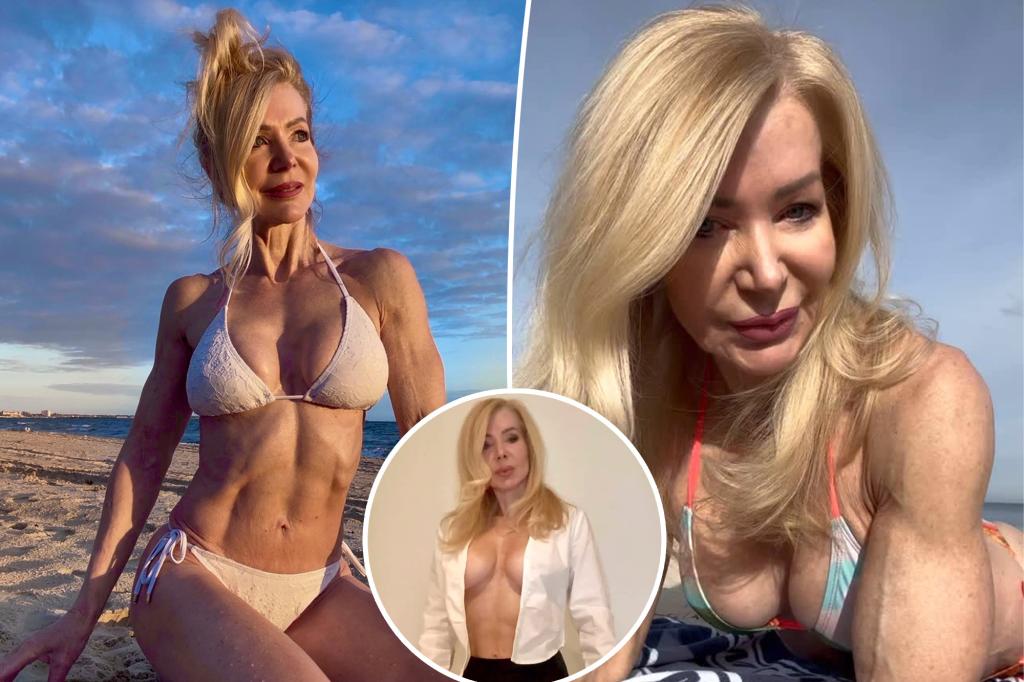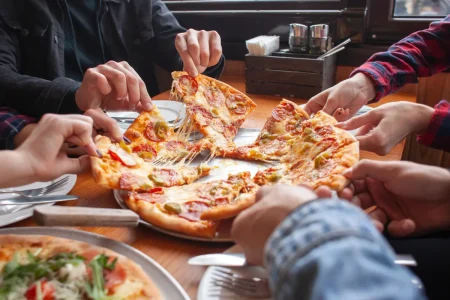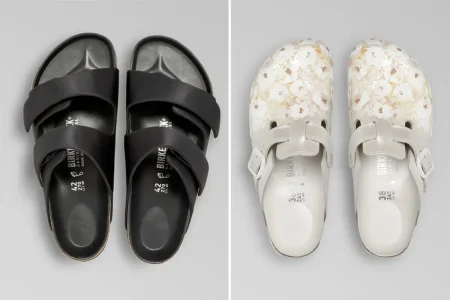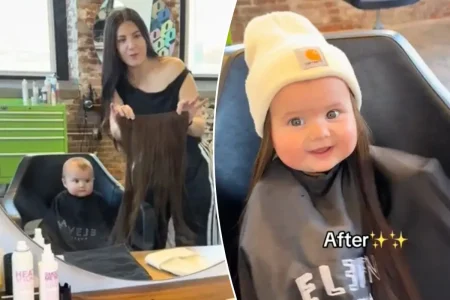Age Is Just a Number: Lesley Maxwell’s Pursuit of Younger Love
In a world where societal norms often dictate who we should love based on age, 65-year-old Lesley Maxwell is boldly rewriting the rules. This fitness fanatic and personal trainer from Melbourne has caught public attention not just for her incredibly youthful appearance—often mistaken as her 21-year-old granddaughter Tia’s sister—but for her unapologetic preference for younger men. Maxwell’s dating choices challenge conventional wisdom about age-appropriate relationships, as she openly seeks partners between 20 and 40 years old. Her candid perspective offers a refreshing take on romance in later life, highlighting that vitality, compatibility, and genuine connection transcend the numbers on our birth certificates.
Maxwell’s reasoning for pursuing younger men is refreshingly practical and honest. She finds men her own age often “lazy and predictable,” lacking the energy and spontaneity she craves in her active lifestyle. “Younger men in their twenties? They’ve got energy, spontaneity, and they love a woman who knows what she wants,” Maxwell explained to What’s The Jam. Her vibrant approach to fitness and life requires a partner who can match her pace, both in and out of the gym. Beyond the physical aspects, Maxwell appreciates the positive outlook younger men bring to relationships. While she finds men her age frequently “burdened by life and problems,” younger partners offer a lightness and optimism that align with her own zest for living. This preference isn’t about denying her age but embracing partners who complement her energy and outlook.
For those hoping to catch Maxwell’s attention, her criteria are clear and compelling. Confidence tops her list—she values men brave enough to approach her despite potential societal judgment. A commitment to fitness is equally important, as she needs someone who can “keep up” with her active lifestyle. And of course, a sense of humor rounds out her essential qualities. Maxwell doesn’t compromise on chemistry either, sharing a story about ending a relationship with a successful real estate agent simply because, despite his gentlemanly behavior, the spark wasn’t there. Her approach to dating is refreshingly straightforward: if the connection isn’t right, she moves on, applying what she humorously calls her “three-day cooling-off period” to romantic endeavors.
Maxwell’s experience mirrors that of other women who have found happiness with younger partners later in life. Another Melbourne woman named Anne shared her journey of finding love with a younger man after her divorce. Initially oblivious to his romantic interest during a night out with friends, Anne discovered a meaningful connection that transcended their age difference. However, these relationships don’t exist in a social vacuum. While age-gap couples with older men and younger women rarely raise eyebrows, the reverse often invites scrutiny and judgment. Anne poignantly observed this double standard: “I could be walking down the street and see a man and a younger woman and no one would flinch—but I was once walking down the street with a younger guy and was booed. It was so judgmental.” This highlights the additional challenges women like Maxwell and Anne face in pursuing relationships that bring them happiness.
The stories of Maxwell and Anne illuminate broader questions about age, gender, and societal expectations in relationships. Why do we accept—even celebrate—older men with younger women while subjecting women who date younger men to ridicule or suspicion? Perhaps these reactions stem from outdated notions about female aging and sexuality, suggesting that women should become invisible or desexualized past a certain age. Maxwell’s confidence and her granddaughter Tia’s apparent support (evidenced by their willingness to be photographed together) challenge these limiting narratives. Together, they present a multi-generational perspective on female empowerment and the freedom to define one’s own path in love and life, regardless of conventional timelines or expectations.
As our society continues to evolve in its understanding of relationships, women like Lesley Maxwell offer valuable lessons about authenticity, vitality, and the courage to pursue happiness on one’s own terms. Her story invites us to question our assumptions about age-appropriate behavior and reminds us that compatibility isn’t determined by birth dates but by shared values, chemistry, and mutual respect. Whether or not everyone approves of her dating preferences, Maxwell’s vibrant approach to life and love in her sixties provides an inspiring alternative to traditional aging narratives. She demonstrates that women don’t need to disappear into quiet, conventional roles as they age—they can continue to reinvent themselves, pursue passion, and find joy in unexpected places. In challenging societal norms, Maxwell isn’t just finding personal happiness; she’s helping to create space for all of us to define love and partnership more authentically, beyond the constraints of age.















